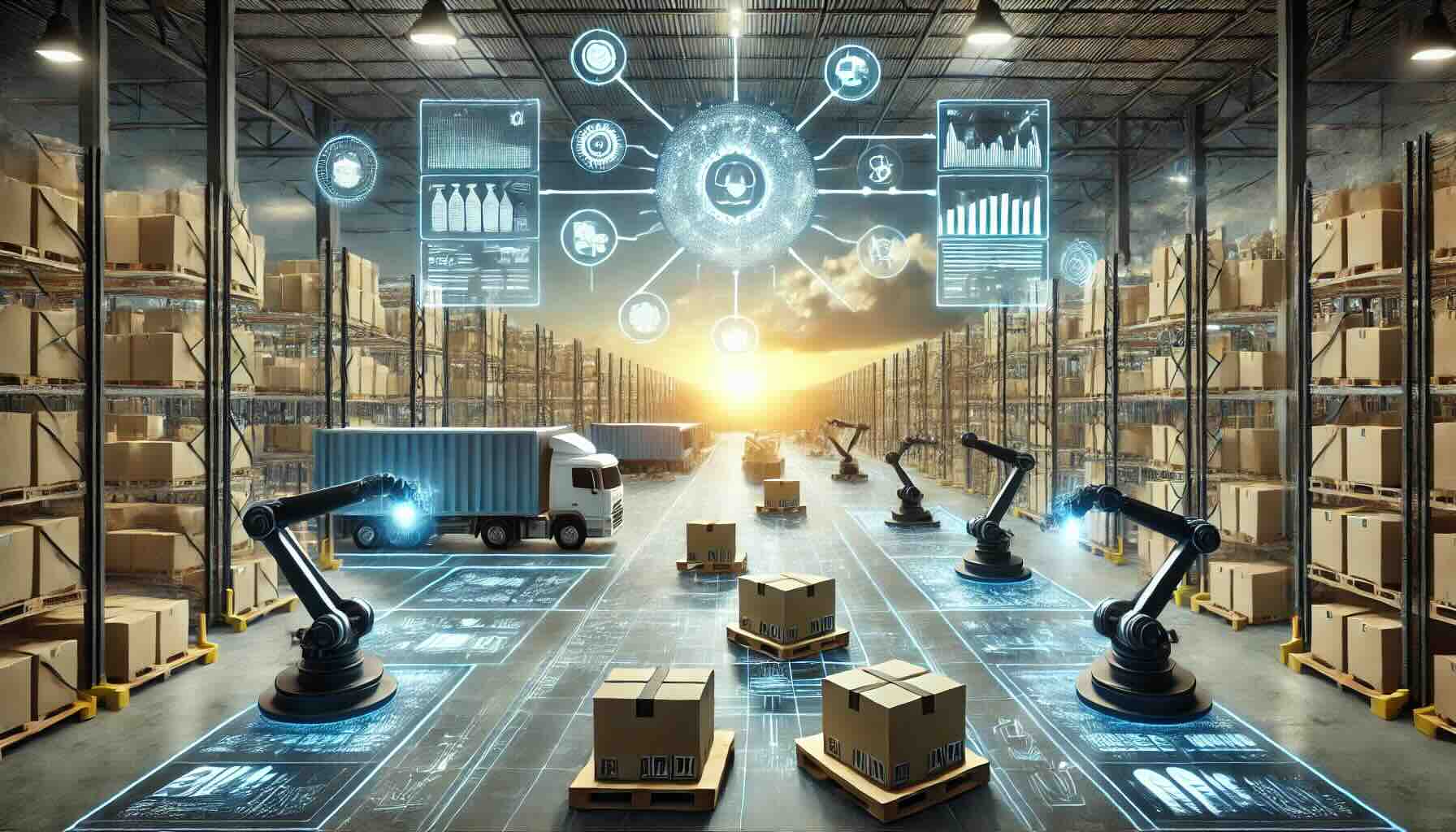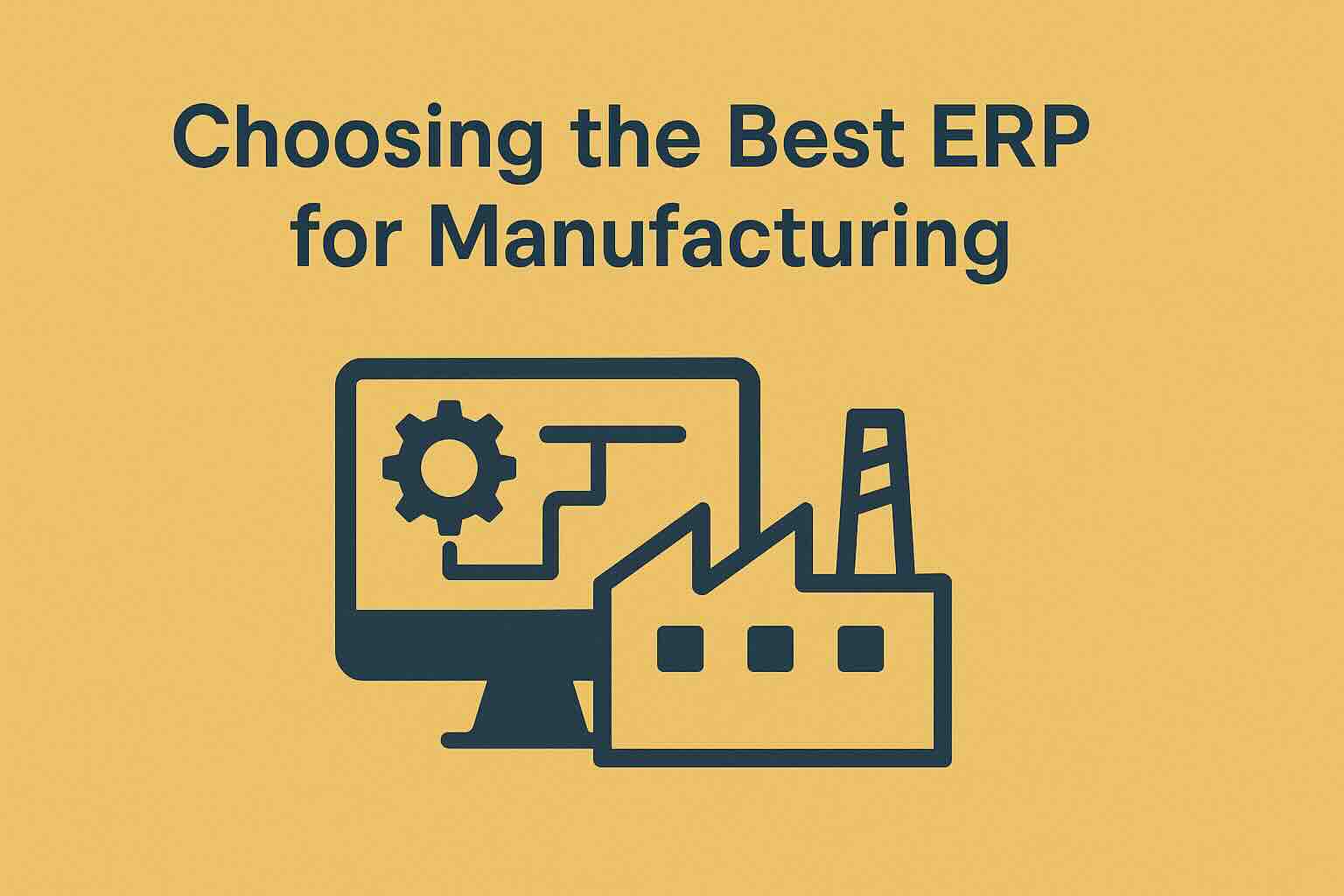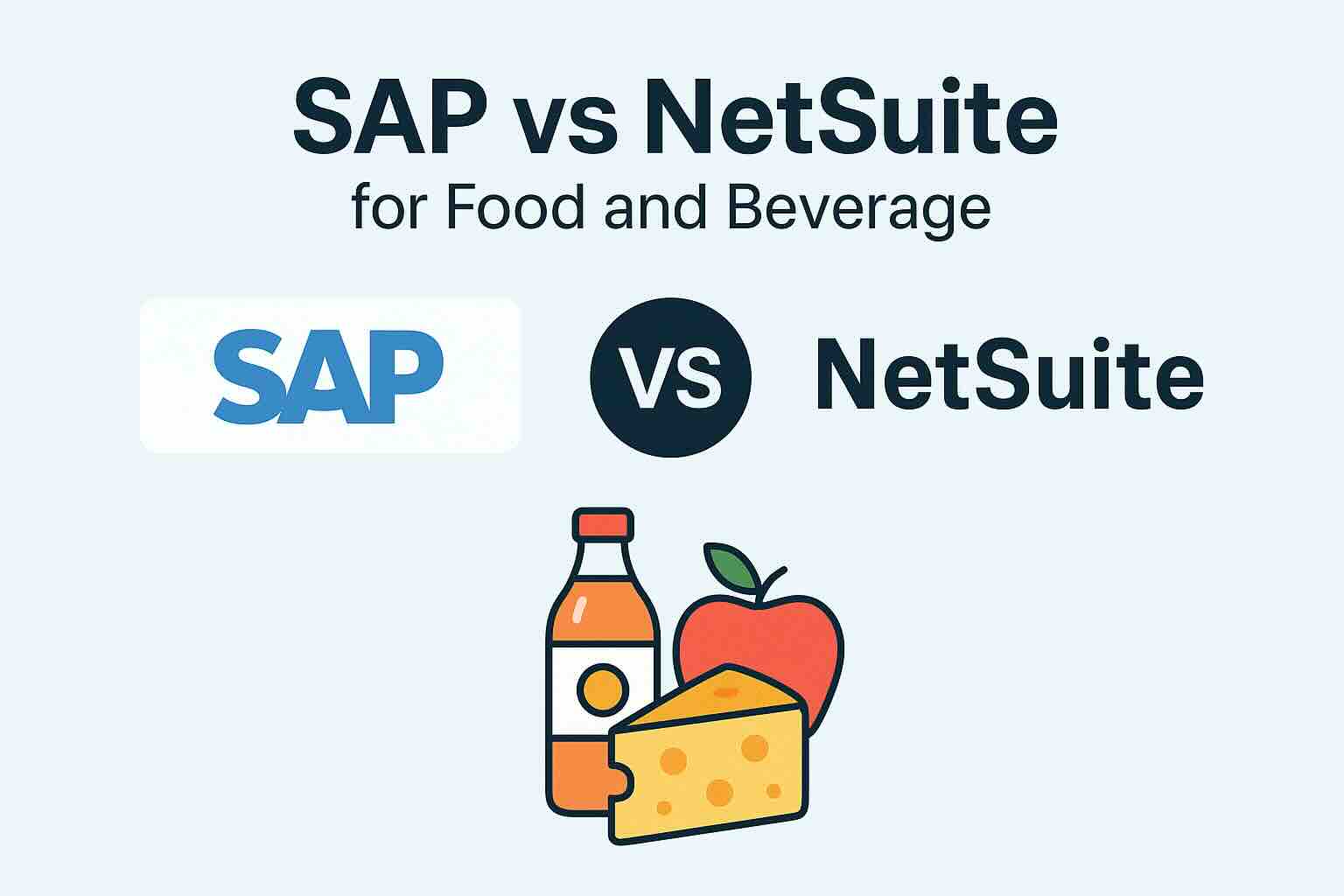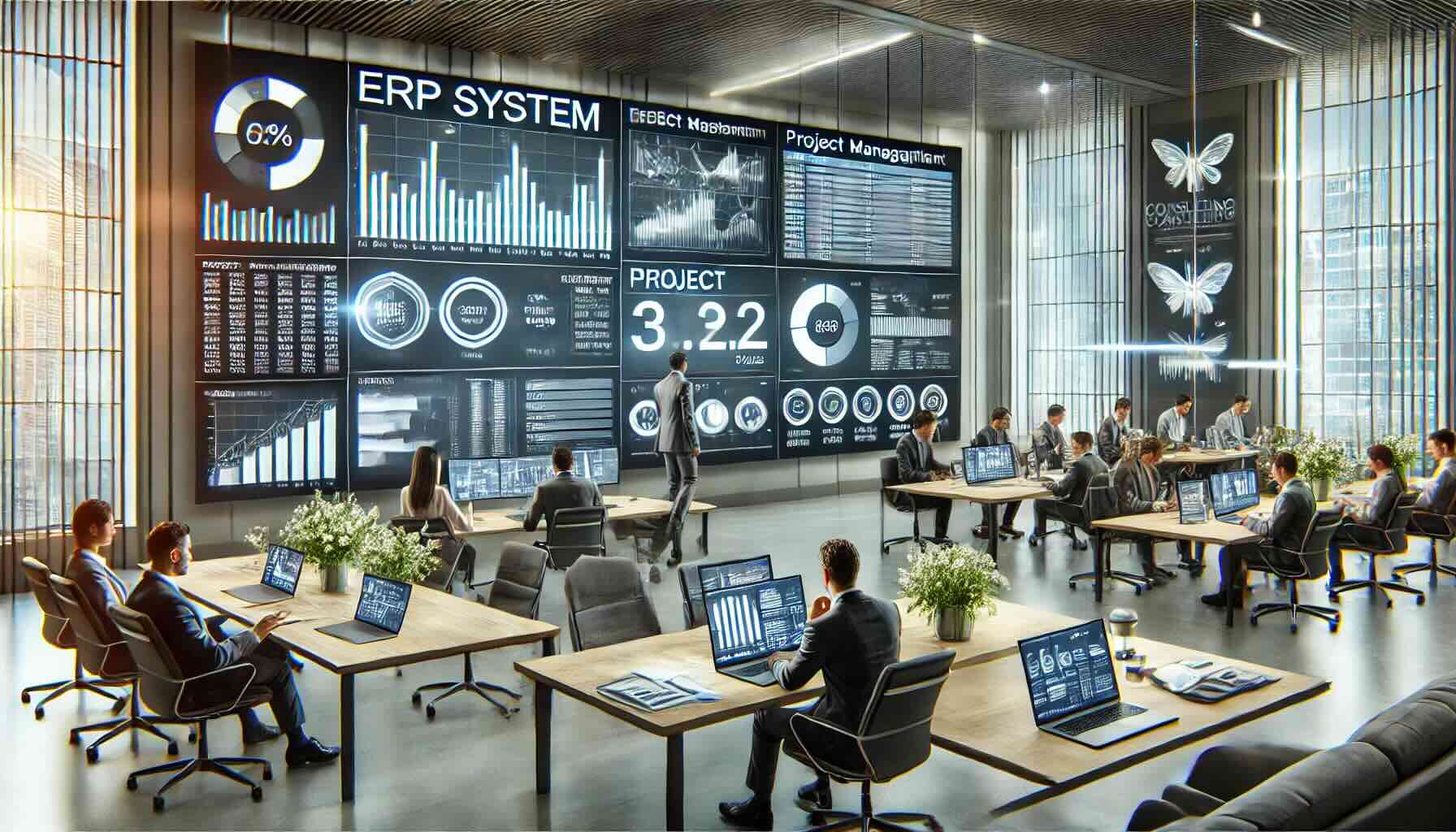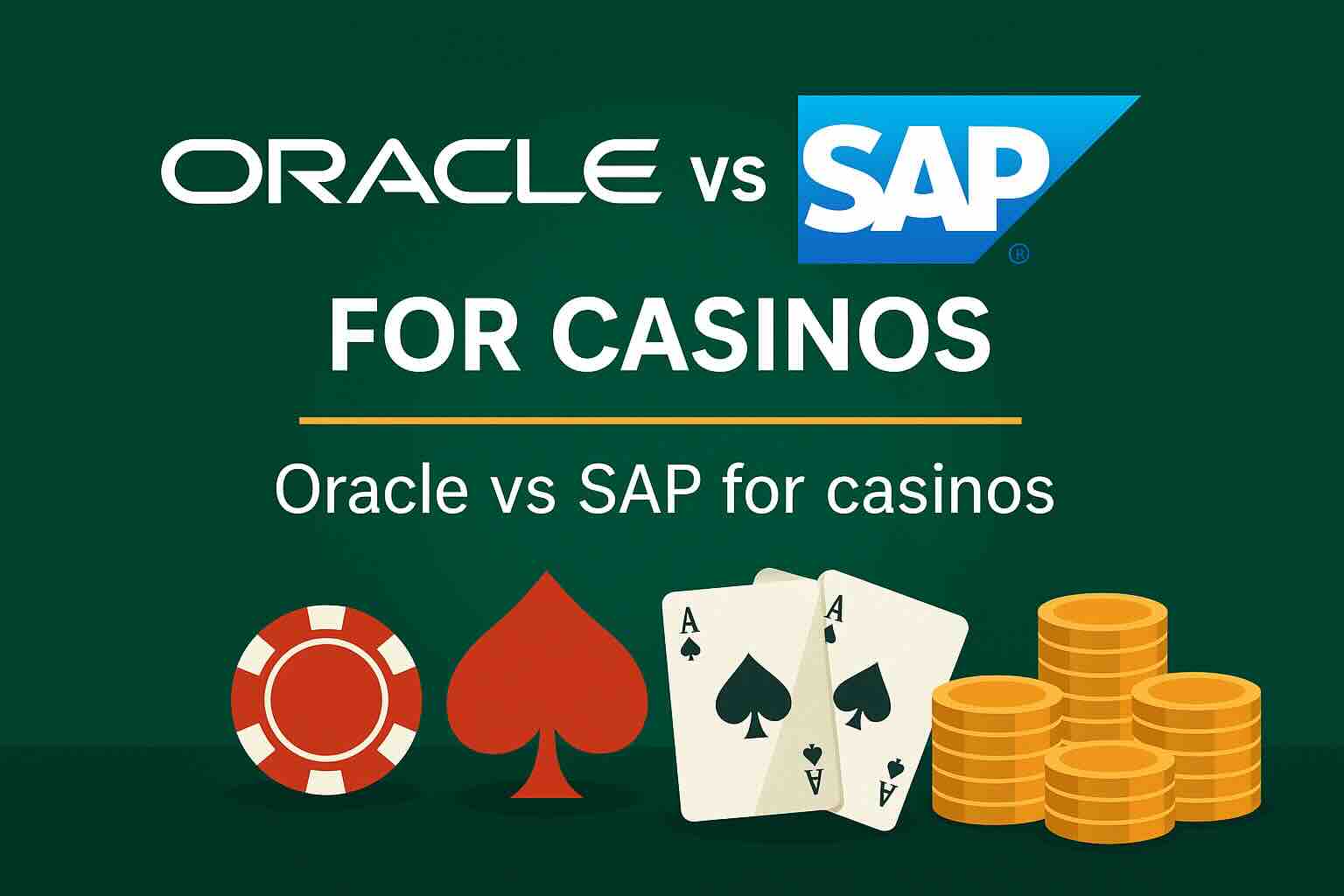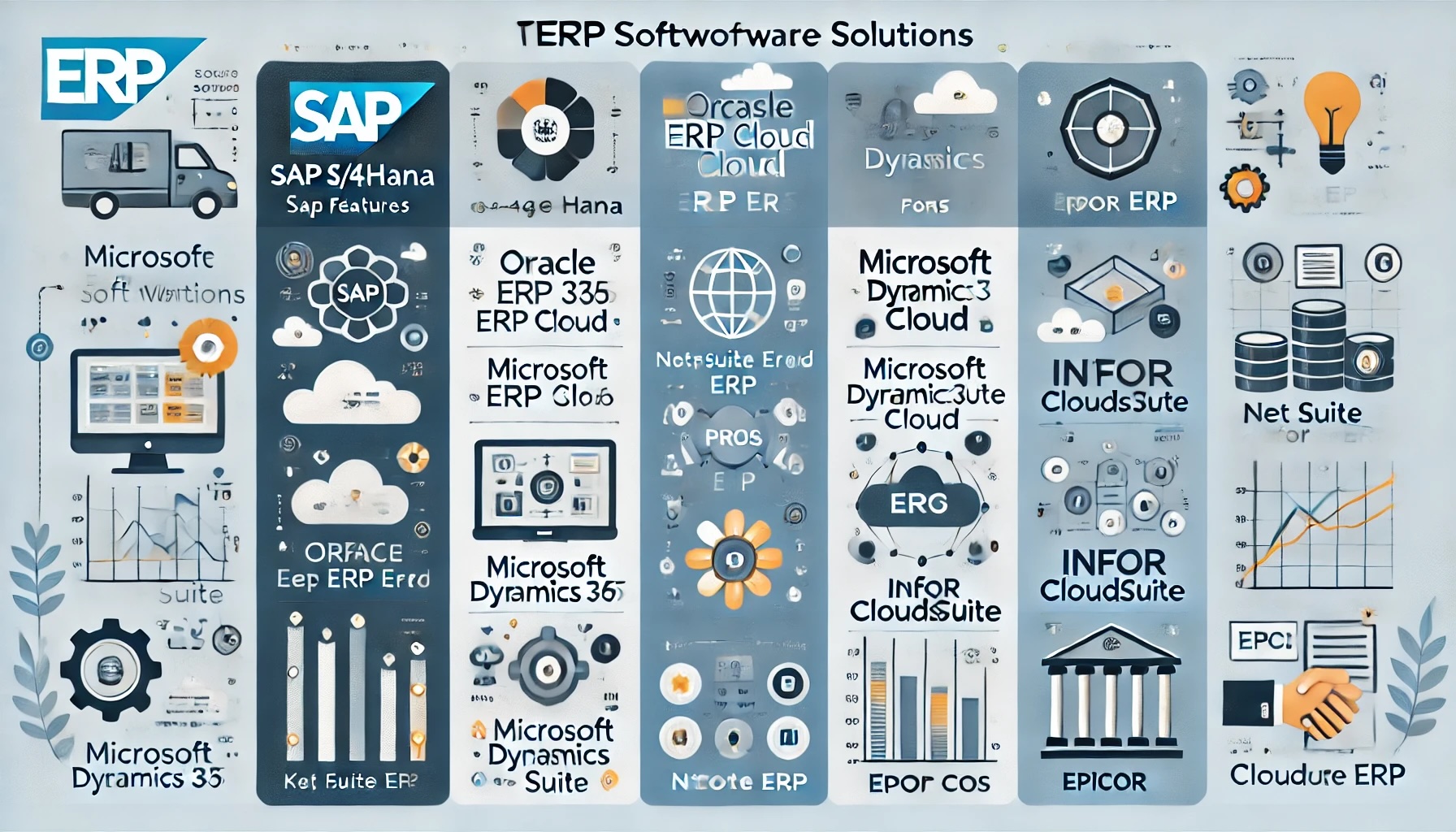Which Is the Best ERP for Aerospace and Defense Businesses?
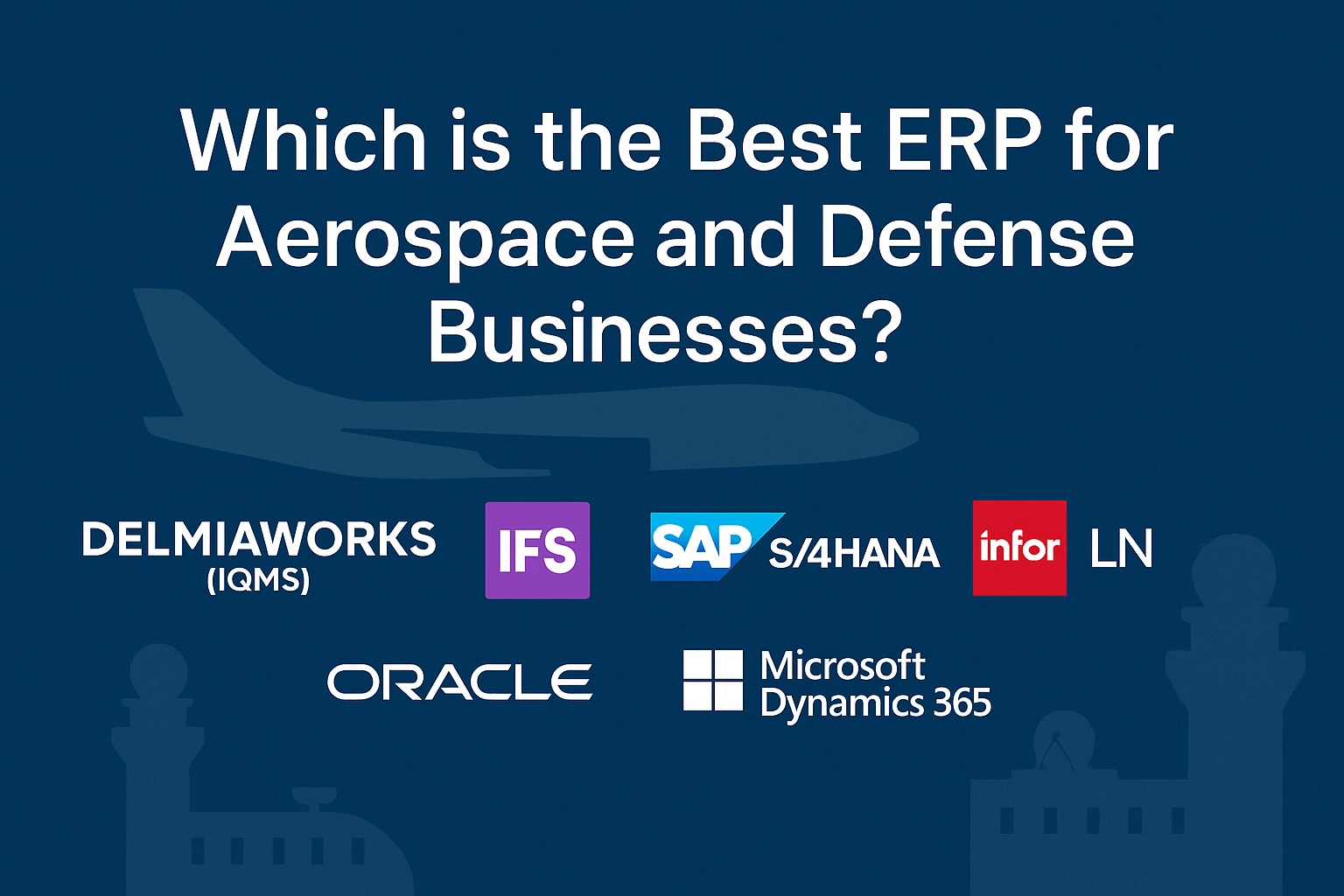
Choosing the best ERP for aerospace and defense companies goes far beyond handling inventory or finances. It also means ensuring full traceability, strict compliance, and reliable quality control in a highly regulated industry. Because of these demands, aerospace and defense firms need ERP systems built for their unique environment.
This article explains the features you should prioritize, reviews leading ERP providers, and helps you decide which system fits your business best.
What Makes Aerospace & Defense ERP Different
Before choosing an ERP, aerospace and defense businesses should confirm it supports these needs:
-
Regulatory Compliance and Standards
Your ERP should meet AS9100, Nadcap, ITAR, DFARS, and FAR requirements. Look for built-in tools for quality audits, documentation control, and traceability. This will help you avoid penalties and delays. -
Complete Traceability and Serialization
You need to track every part and material from supplier to production to end-of-life. Therefore, select a system with serial number or lot control and lifecycle tracking. -
Complex BOM and Change Management
Aerospace products often have multi-level bills of materials. An ERP should manage engineering changes, variant configurations, and version control effectively. -
Quality Assurance and Testing
Include inspection workflows, non-conformance tracking, CAPA, testing results, and risk management. These features make audits easier and strengthen customer trust. -
Supply Chain and Supplier Management
Global supply chains add risk. Consequently, an ERP should provide visibility into supplier tiers, audits, and subcontractor performance. -
Project Management and Cost Control
Project-based costing, job tracking, and government contract compliance are common. A robust ERP simplifies this oversight. -
Security and Data Governance
Defense contracts involve sensitive data. Therefore, choose an ERP with strong cybersecurity, restricted access, and export-control tracking. -
Scalability and Integration
In addition, the system must integrate with CAD/PLM, MES, or IoT sensors and scale for future needs.
Leading ERP Solutions for Aerospace & Defense
Here are some leading ERP systems and their strengths:
-
DelmiaWorks (IQMS): Provides strong traceability, compliance, and shop floor visibility. It works well for companies needing heavy manufacturing oversight without the cost of large systems.
-
IFS Aerospace & Defense: Designed for A&D with configuration management, field service, and maintenance operations. It’s best for complex operations requiring configurable maintenance workflows.
-
SAP S/4HANA: A powerful option for large enterprises. It offers deep integration across finance, supply chain, manufacturing, and compliance. It also supports robust BOM and change control. Implementation can be complex, yet the system is highly capable.
-
Infor LN: Supports complex BOMs, multi-site operations, and supply chains. It suits companies needing strong global sourcing without the full cost of the largest systems.
-
Oracle Cloud ERP: A scalable cloud platform with strong financial, project accounting, and procurement modules. It is improving steadily in compliance and traceability. Choose this if you want modern UX and cloud deployment.
-
Microsoft Dynamics 365 with Add-ons: Flexible and user-friendly with a large ecosystem of third-party modules for export control, quality, and supplier audits. It may be more affordable for smaller setups or incremental deployment.
How to Choose the Best ERP for Aerospace & Defense
There is no one-size-fits-all ERP. However, you can use these decision points:
-
Size and Complexity: Small subcontractors may prefer lighter systems with compliance features. Larger prime contractors usually need full-suite solutions.
-
Regulatory Scope: If you face heavy regulation, pick an ERP with built-in export control, audit trails, and non-conformance tracking.
-
Integration Level: Firms with CAD/PLM, MES, or IoT must choose something that integrates seamlessly to avoid data silos.
-
Deployment Model: Cloud ERPs deliver faster deployment and scalability. Yet, you must verify data security and compliance.
-
Total Cost of Ownership (TCO): Implementation, customization, and upgrades can exceed license costs. Therefore, calculate your long-term ROI carefully.
Best Practices for Implementation
To maximize results:
-
Map out regulatory and quality workflows early. This allows you to build them into the ERP instead of adding them later.
-
Secure executive sponsorship. ERP rollouts can be expensive and disruptive, so leadership support is vital.
-
Roll out in phases. Start with critical modules like quality and supplier management before adding more.
-
Clean up data. Poor master data on parts, suppliers, and BOMs can derail your project.
-
Train your workforce. Clear change management reduces resistance and speeds adoption.
Final Thoughts: Which Is the Best ERP for Aerospace & Defense?
For large enterprises needing deep compliance and global operations, SAP S/4HANA, IFS A&D, or Oracle Cloud ERP often stand out.
For mid-tier or smaller operations seeking agility, DelmiaWorks, Infor LN, or Dynamics 365 with add-ons can deliver stronger ROI.
Ultimately, the best ERP for aerospace and defense matches your compliance obligations, integration needs, budget, and growth plans, not just the number of features.
Find the Perfect ERP in Minutes
Choosing the right ERP can transform your business. With our AI-powered Compare ERP tool, you can quickly explore and compare solutions tailored to your needs. Get a personalized recommendation in less than five minutes. Our advanced engine analyzes millions of data points across 100+ ERP solutions, delivering your top three picks based on your business priorities. Best of all, it’s completely free. Take the first step toward streamlining operations and boosting productivity and start comparing today!
